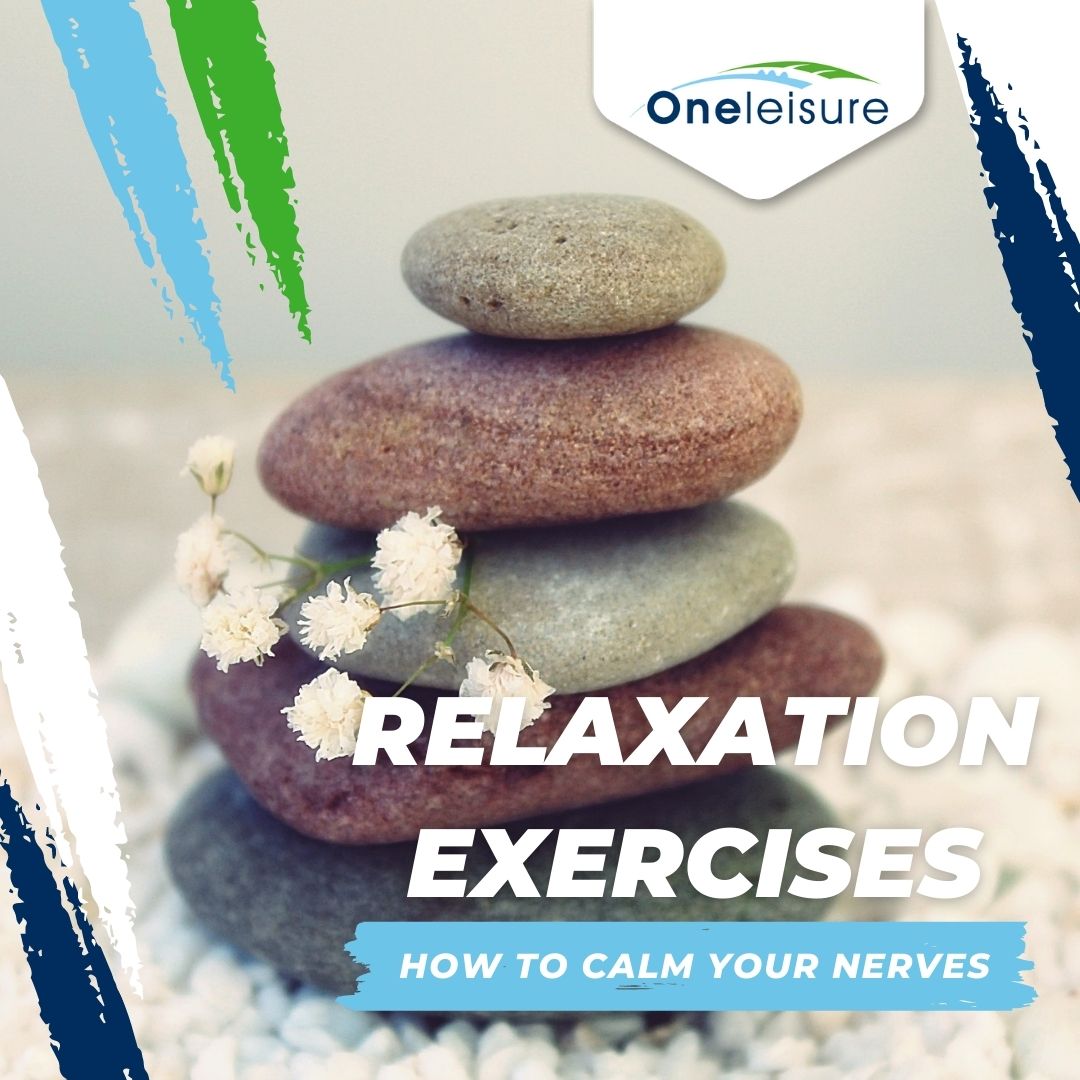
Calm Your Nerves With Relaxation Exercises
"All that we are is the result of what we have thought." – Buddha
Healthy Lifestyle Tip: Calm Your Nerves With Relaxation Exercises
Breathing exercises are the mainstay of relaxation exercises that you can do anywhere, at any time. And they can make a world of difference in how you feel.
Try it: Take a deep, slow breath and exhale – and repeat the process one more time. Do you feel better?
Relaxation Exercises: Why They Work
When we are stressed, our muscles tighten up and our breathing changes and becomes shallow. As you breathe more lightly, you are participating in a vicious circle, because your body responds to your change in breathing with a fight-or-flight response, adding to your tension and stress.
So, the most basic thing you can do when you start to feel stressed out is to stop and take some deep, even, slow breaths.
"If you sit and even just take five or 10 deep breaths and really try to just relax your breathing, that can be tremendously helpful," says Mary Coussons-Read, PhD, Professor of Psychology and Health and Behavioral Sciences and Associate Dean of the University of Colorado in Denver.
Relaxation Exercises
Here are some options that can enhance the relaxing effect of breathing exercises:
- Try visualization. "Going to your happy place" is something we often joke about, but there is some truth in the humour. Coussons-Read advises planning ahead and creating an internal picture of a place that relaxes you so you can bring it to mind when you need it. Bedrooms and beaches top the list, but obviously, your happy place is a personal destination. "Spend a little time creating what that picture looks like. When you feel stressed out, stop, put the picture in your head, take a few deep breaths," she says.
- Exercise. Being physically active on a regular basis is helpful for overall stress management, but if time allows, you can use physical exercise for immediate relaxation as well. Taking a brief walk, doing some yoga stretches, doing a home/virtual workout, or closing the door and dancing to a favourite tune can all help alleviate stress.
- Mini massage. "One of the most important things is to recognize where and how you carry stress in your body – some carry it in shoulders, head, neck, jaw, hands, or even their stomach," says Coussons-Read. Try scheduling an appointment with a massage therapist who can teach you how to take care of your trouble spots while at work or home.
- Apply heat. If you have the option of a warm bath or shower, or simply have some warming gloves, socks, or heat packs, use the heat to help relax tight muscles.
- Aromatherapy. Although research on aromatherapy is mixed, many people find certain scents, such as lavender, to be relaxing. If you respond well to the smell, have a sample on hand (in a desk drawer or your purse) for a relaxing sniff as needed before or after your breathing exercises.
As hard as everyone works these days, we all deserve a time out now and then to calm our nerves and decompress. Relaxation exercises can help us stay productive and happy.
Disclaimer: The content of this page is not intended to be a substitute for professional medical advice, diagnosis or treatment. Always seek the advice of your physician with any questions you may have regarding a medical condition. References available on request.